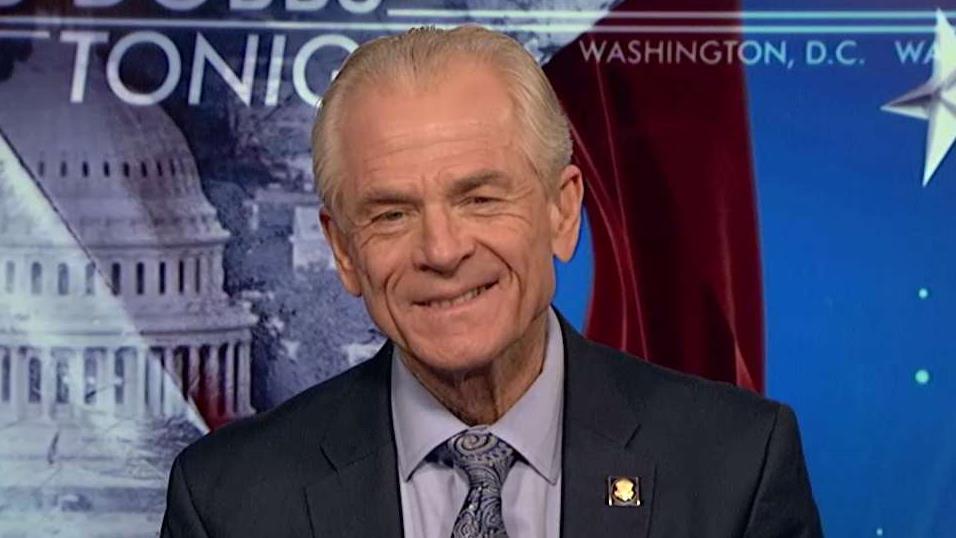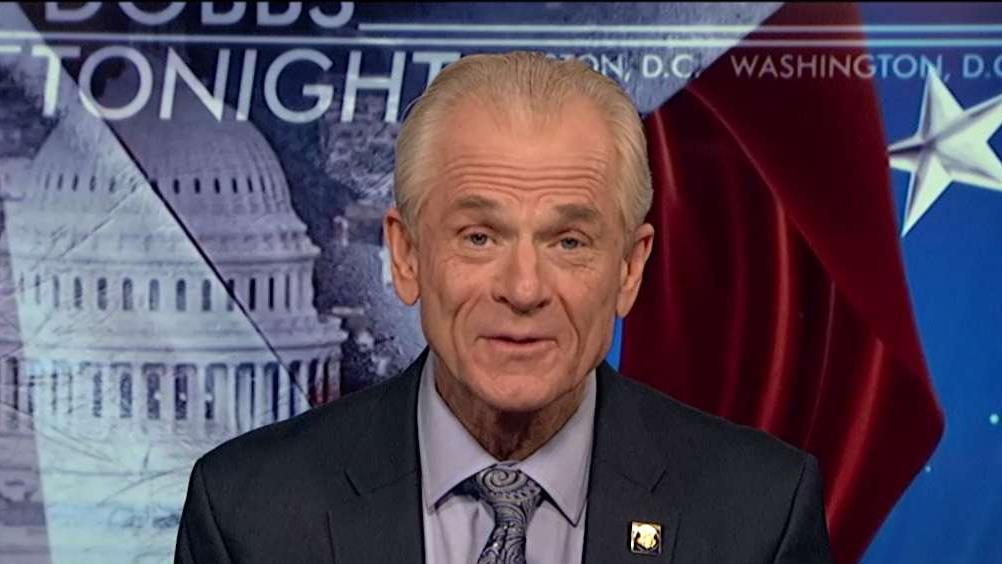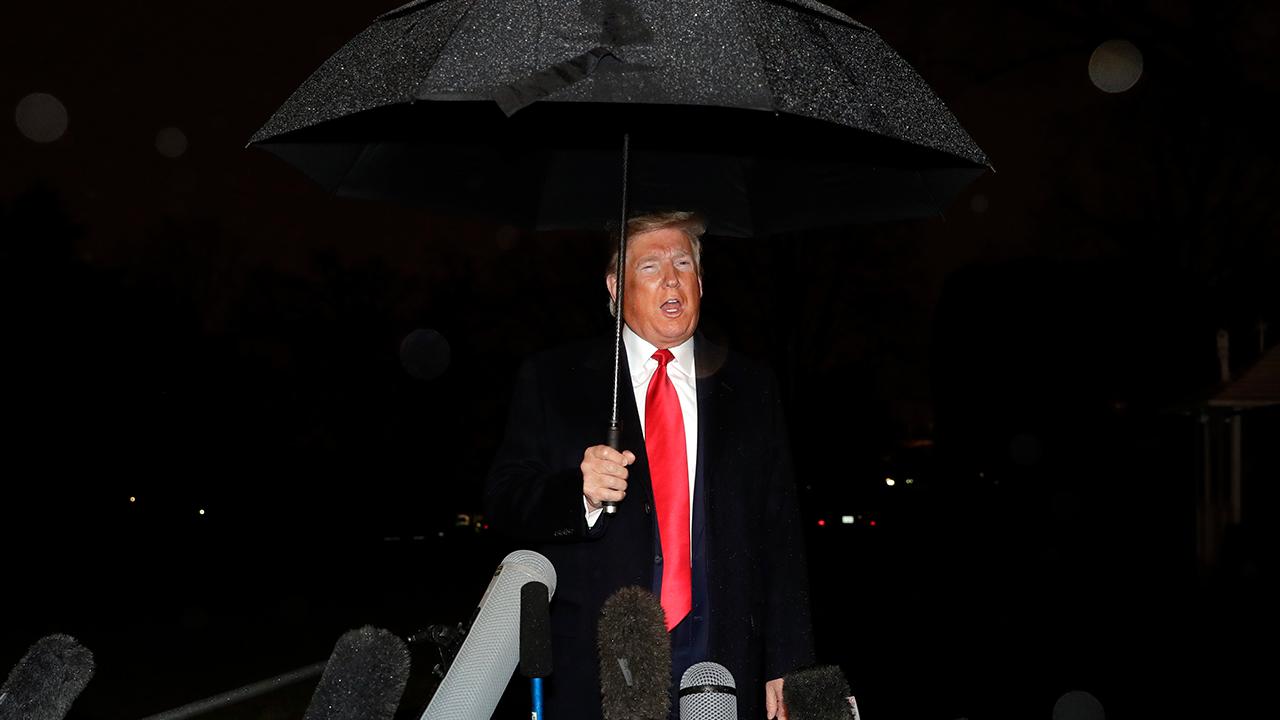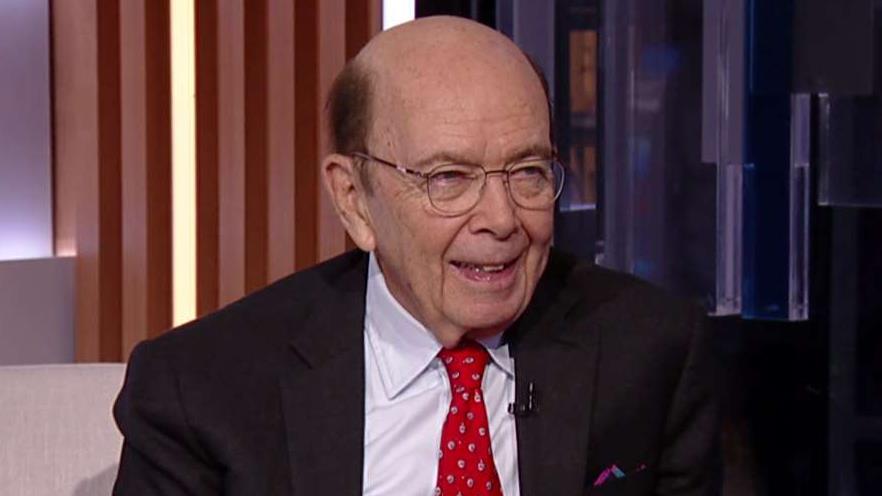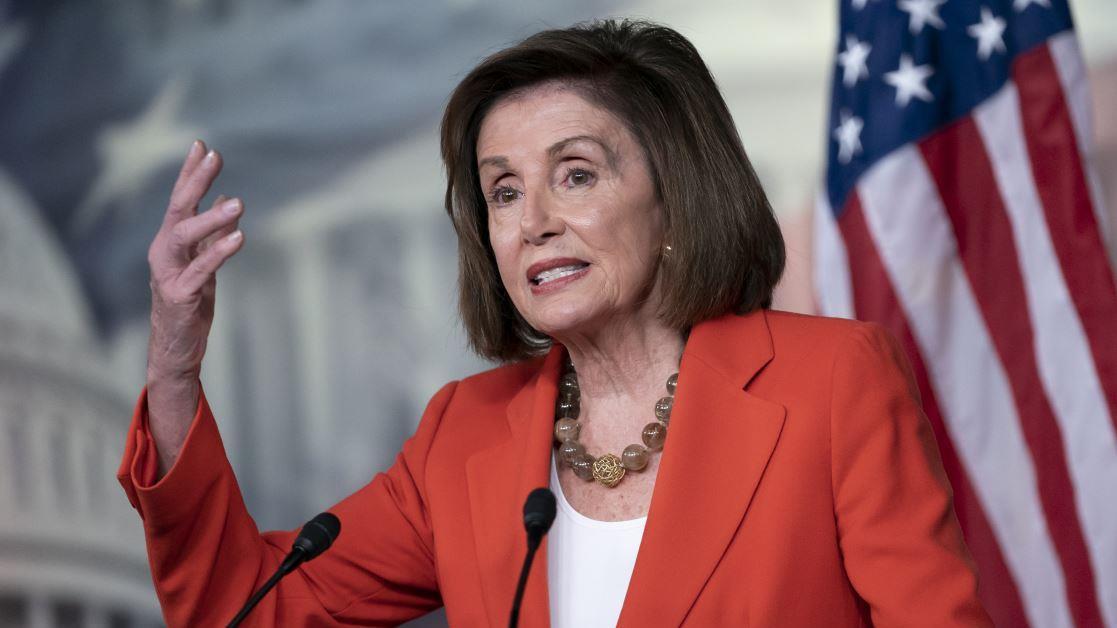Peter Navarro: USMCA is Trump's vision (not Pelosi's) -- and a shining example of promises made, promises kept
USMCA’s centerpiece is a set of 'regional content' rules that will restore North America as the strategic and global hub of automobile manufacturing – and act as a counterweight to the unfair trade practices of both Asian and European automakers
The old saw that victory has a thousand fathers took on a new twist Tuesday as House Speaker Nancy Pelosi, D-Calif., announced that she supports an affirmative vote on the best trade deal ever negotiated by an American president – the U.S.-Mexico-Canada Agreement (USMCA).
Remember that Pelosi, along with more than 100 other Democrats, voted for the North American Free Trade Agreement (NAFTA) in 1993.
HISTORIC USMCA DEAL IS MUCH BETTER THAN NAFTA: PELOSI
In sharp contrast, there should be no mistake about this: Donald Trump was a NAFTA critic from the get-go. The USMCA is President Trump’s vision, and it is a poster child of yet another promise made and promise kept for American workers.
Presidential candidate Trump promised in June 2016 during his historic jobs plan speech to “immediately renegotiate” NAFTA “to get a better deal for our workers.”
President Trump kept that promise on Nov. 30, 2018, when he signed the USMCA with Mexican President Enrique Peña Nieto and Canadian Prime Minister Justin Trudeau during the G-20 Summit in Argentina.
ANDY PUZDER: USMCA'S THREE BIGGEST WINNERS (YOU'RE IN FOR A SURPRISE)
USMCA’s centerpiece is a set of “regional content” rules that will restore North America as the strategic and global hub of automobile manufacturing – and act as a counterweight to the unfair trade practices of both Asian and European automakers.
Under USMCA, 75 percent of the content of automobiles must be made in the U.S., Mexico or Canada to qualify for duty-free treatment.
To ensure that American workers get their fair share of auto and auto parts production, the USMCA also imposes tough environmental and labor restrictions to prevent too much of that production from moving south of the border.
USMCA is projected to create 76,000 new jobs in the auto industry and lead to $34 billion in new auto plant investment. And the International Trade Commission conservatively estimates nearly 200,000 new jobs overall. The likelihood is a much bigger bang for currencies in the U.S., Mexico and Canada.
As icing on this “America as the world’s reborn auto industry leader” cake – and as an example of an all-too-rare bipartisan congressional cooperation and constructive consultation with Congress – the U.S. trade representative worked hard with lawmakers as well as labor leaders.
Several consequential refinements to USMCA will ensure adequate USMCA enforcement.
GET FOX BUSINESS ON THE GO BY CLICKING HERE
The second major feature of USMCA is a long-overdue modernization of NAFTA. USMCA includes strong obligations for the protection and enforcement of intellectual property, including copyrights, patents, trademarks and trade secrets.
The agreement also provides a stout defense of digital music, movies, and books – forms of intellectual property that barely existed when NAFTA was passed in 1993.
As a third groundbreaking feature, President Trump’s USMCA also includes strict disciplines on currency to prevent countries from manipulating their exchange rates to gain an unfair advantage.
These features will help protect Canada, Mexico and the U.S. from a phenomenon that has been a pernicious feature of the global trading environment for more than a decade: currency manipulation. When a country devalues its currency, it gains an unfair competitive advantage because its exports to America become cheaper.
Finally, USMCA is a great deal for American farmers; in fact, a much better deal than the Obama administration tried to negotiate in the disastrous and now-defunct Trans-Pacific Partnership.
Dairy farmers from Wisconsin and Pennsylvania to California – along with wheat, chicken, egg and turkey producers across America – will be particularly pleased with greater access to a Canadian market hitherto marked by protectionism.
The USMCA will first be put on the floor of the House of Representatives where it is likely to pass with a strong bipartisan majority. It should similarly be approved by a large margin in the Senate.
This can (and should) be done before the holiday break – and many fathers and mothers on Capitol Hill can then go home and take their own victory laps in front of their constituents because this is a great deal for all of America.
Peter Navarro is assistant to the president for manufacturing and trade policy and director of the Office of Trade and Manufacturing Policy.




















